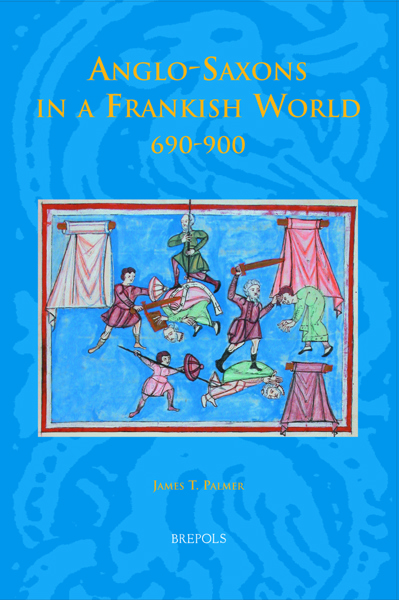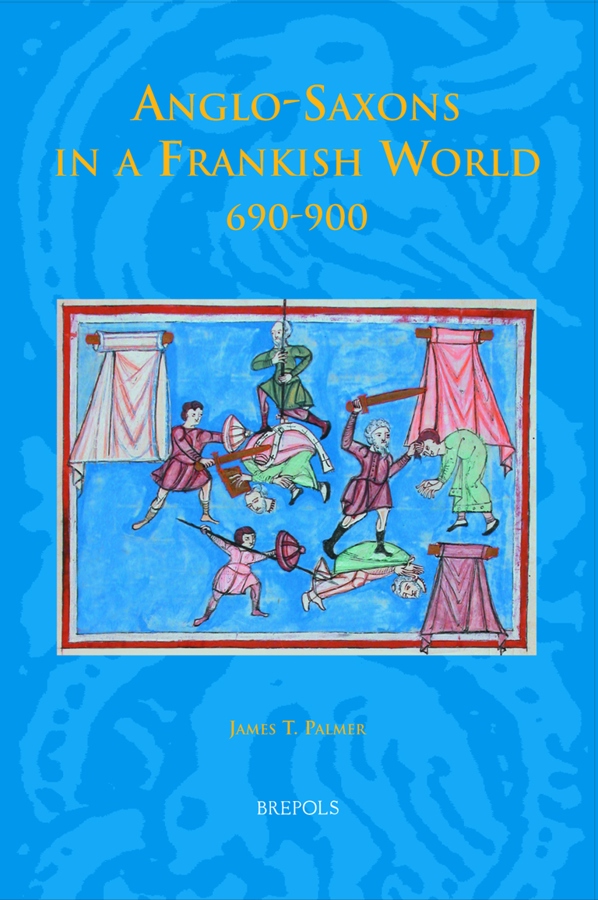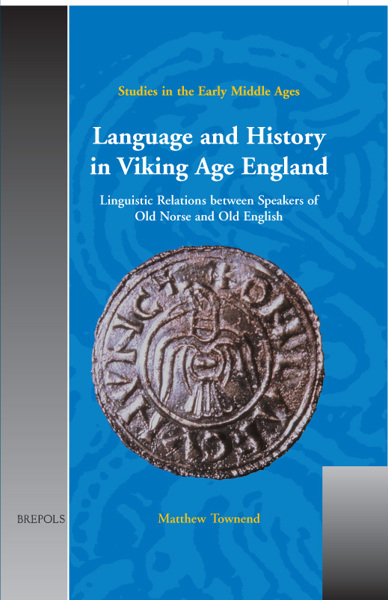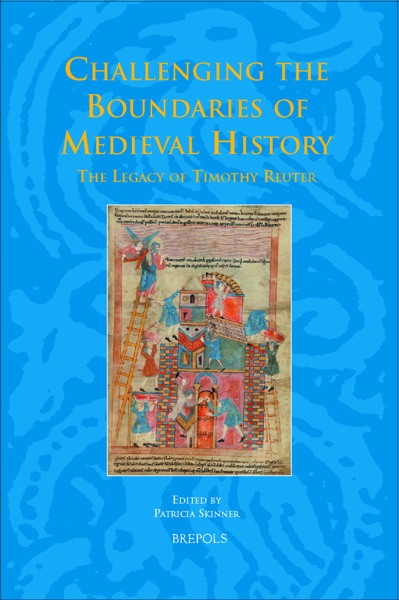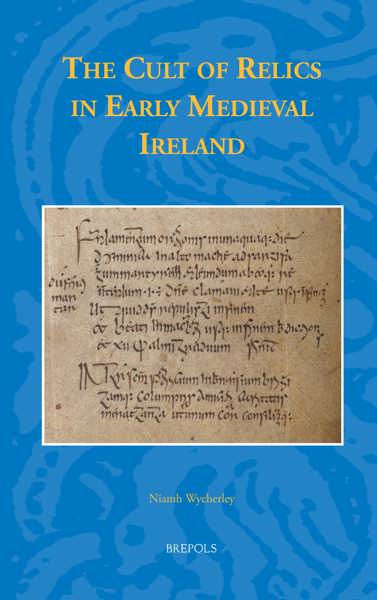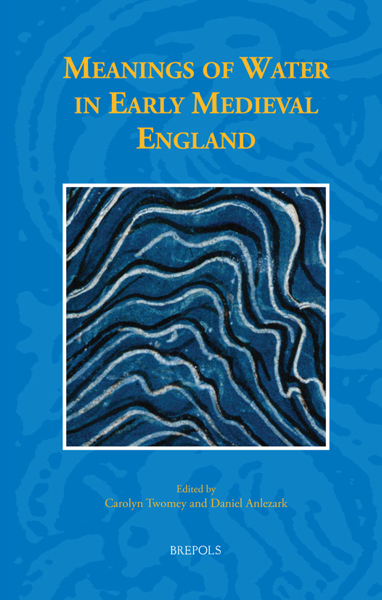
Anglo-Saxons in a Frankish World, 690-900
James T. Palmer
- Pages: 324 p.
- Size:160 x 240 mm
- Language(s):English
- Publication Year:2009
- € 85,00 EXCL. VAT RETAIL PRICE
- ISBN: 978-2-503-51911-1
- Hardback
- Out of Print
- € 85,00 EXCL. VAT RETAIL PRICE
- ISBN: 978-2-503-55895-0
- E-book
- Available
Anglo-Saxons in a Frankish World, 690-900 provides a major reassessment of the Anglo-Saxons' influence on the Frankish world following their mission to early medieval Germany and the Netherlands.
"(...) the book presents an articulate study of hagiographical interst in the Anglo-Saxon missions (...). It is to be hoped that future research on hagiography will display the same diligent and prudent analysis as James palmer has carried out for the vitae of Anglo-Saxon missionaries." (D. Wassenhoven, in: Bulletin of the German Historical Institute London, November 2011, Volume XXXIII, No. 2, p. 35-38)
"The merit of James Palmer's painstaking and sophisticated analysis of these texts is to bring that richness to the fore, making this a most welcome contribution to scholarship on the Anglo-Saxon mission in particular, but also on the cult of saints more generally." (C. West, in: The Medieval Review, 10.10.15)
"The value of Palmer's book lies in his ability to look beyond the text at the more complex and deeper contexts that produced these sources. In so doing, he has freed the Anglo-Saxon missions from the simplicity of master-narratives. What emerges is a much more complicated, but no less interesting story." (Alexander O'Hara, in Peritia, Volume 22-23, 2011-2012, p. 384-387)
"What he [the author] has done is written a very useful and learned book on the construction of the Anglo-Saxon missionary in hagiography." (Paul Fouracre, in: Early Medieval Europe, 2012, n° 20 (4), p. 485-487)
"Palmer hat eine auch für den methodischen Umgang mit frühmittelalterlicher Hagiographie wertvolle Arbeit vorgelegt." (Sören Kaschke, in: Sehepunkte, 12 (2012), Nr. 9, 15.09.2012, http://www.sehepunkte.de/2012/09/21041.html)
« Le livre représente donc une bonne synthèse de la question des « vies missionnaires », à jour et complète, une référence utile et un agréable outil de travail. » (Alban Gautier, dans : Le Moyen Âge, 3-4/2013, Tome CXIX, p. 774)
"Certes, le sujet du livre n’est pas neuf, mais son approche est novatrice. Prenant en compte les acquis du linguistic turn, il s’attache aux enjeux de rédaction des textes hagiographiques, dans une étude convaincante, bien argumentée et parfaitement documentée grâce à la maîtrise d’une abondante bibliographie. L’aptitude à distinguer entre les périodes (entre VIIIe et IXe siècles) et les espaces (Frise et Saxe contre Bavière et Thuringe) est remarquable et permet de clarifier grandement la relation entre les textes et l’usage qui en fut fait par la suite." (Arnaud Lestremau, dans: Annales. Histoire, Sciences Sociales, N° 69-2, 2014, p. 514)
"Palmer biedt een inzichtelijk, leesbaar en uiterste actuele studie van de invloed van Angelsaksische missionarissen op het Frankische vasteland. [...] Een ieder die zich wil verdiepen in de Europese kersteningsgeschiedenis zal niet om Palmers werk heen kunnen." (Erik Goosmann, in Tijdschrift voor Geschiedenis 123, 2010, p. 451)
